|
|
|
Editor's note
|
|
Social media has become a powerful tool for ordinary people who want to stand up to injustice, take on political leaders and demand change. This means that leaders, particularly those with an authoritarian bent, view it as a threat. A new book examines how social media platforms are being used - and controlled - in several African countries, among them Kenya, Burundi, Nigeria and Senegal. Maggie Dwyer and Thomas Molony, the book’s editors, explore what the authors found. Meanwhile Tunisia, which was hailed as the only successful political transition to emerge from the wider Arab Spring movement, is grappling with a serious challenge to its
fledgling democracy: life after the death of President Mohamed Beji Caid Essebsi. Clayton Besaw and Jonathan Powell consider what lies ahead for the North African nation.
Last month Felix Tshisekedi, the president of the Democratic Republic of the Congo, announced that he would take over the running of his country’s Ebola response. Mosoka Fallah suggests this is a strategic, significant decision that’s likely to galvanise national and international support as the DRC’s battle against a year-long Ebola outbreak intensifies. Elsewhere Franca Nneka Alaribe and Keolebogile Shirley Motaung put their latest research into repairing damaged human tissue and bone with medicinal plant extracts under the microscope.
|
Julius Maina
Regional Editor East Africa
|

|
|
Top Stories
|
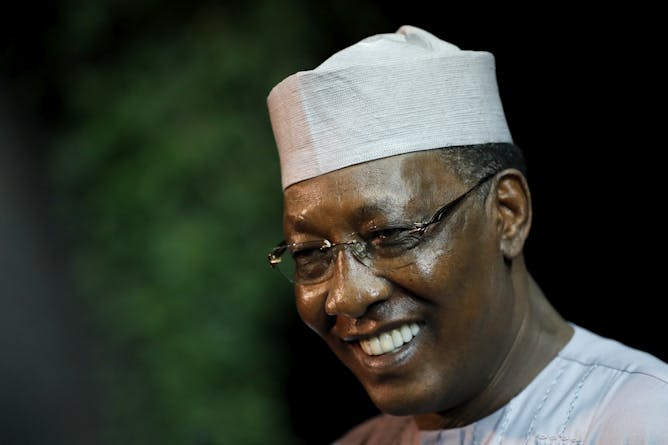
The government of President Idriss Deby in Chad blocked citizens’ internet access for 16 months.
EPA-EFE/ABIR SULTAN
Maggie Dwyer, University of Edinburgh; Thomas Molony, University of Edinburgh
Social media is shaping Africa’s political engagement in diverse and complex ways.
|
|
|
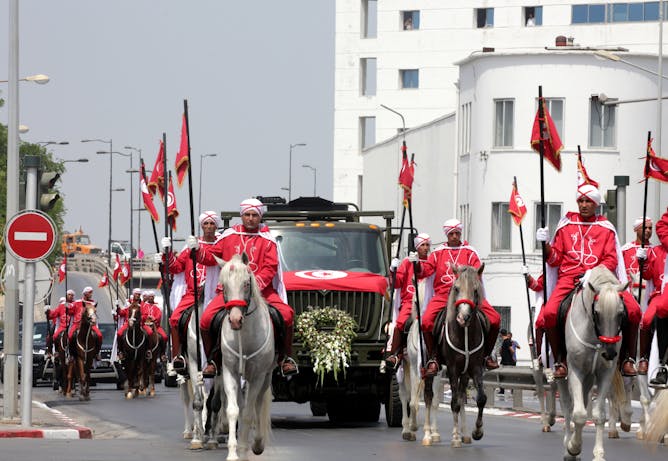
A military procession accompanies the coffin of the lateTunisian President Beji Caid Essebsi during his funeral in Tunis.
Amel Pain/EPA-EFE
Jonathan Powell, University of Central Florida; Clayton Besaw, University of Central Florida
In death, President Mohamed Beji Caid Essebsi has left behind an unfinished revolution which now needs a new leader.
|
Health + Medicine
|
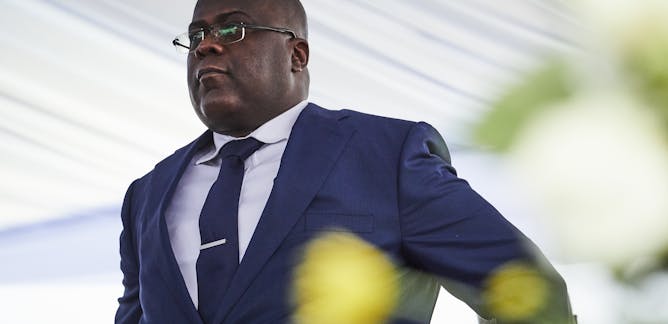
Mosoka Fallah, Harvard Medical School
The DRC president's direct involvement can rally people who have previously doubted the reality of the outbreak.
| |

Franca Nneka Alaribe, Tshwane University of Technology; Keolebogile Shirley Motaung, Tshwane University of Technology
Tissue engineering and regenerative medicine is based on three key requirements working together: signals from body tissues and organs, responding stem cells, and scaffolds.
|
|
|
Arts + Culture
|
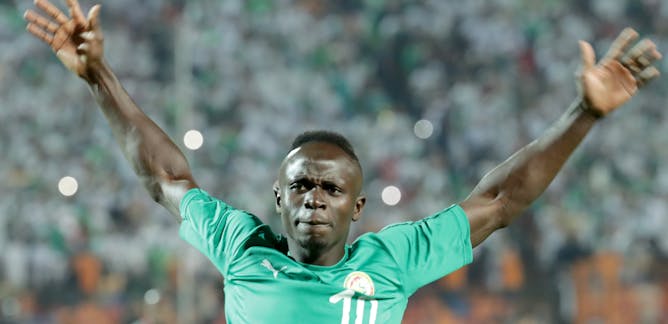
Ernest Yeboah Acheampong, University of Education; Ellis Kofi Akwaa-Sekyi, Catholic University College of Ghana
Football coaches can improve their chances of winning tournaments by choosing a team based on a unique combination of factors.
| |
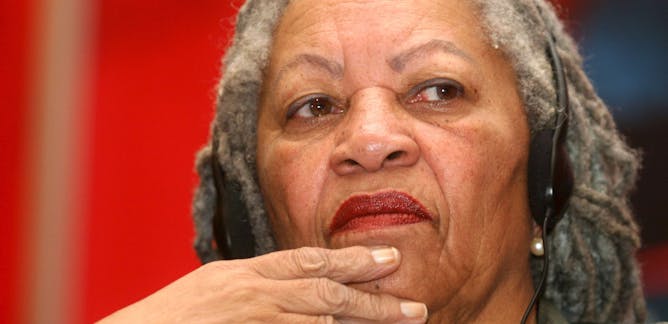
Aretha Phiri, Rhodes University
In some ways, perhaps Morrison is even more relevant in South African universities today than she's ever been.
|
|
|
Politics + Society
|
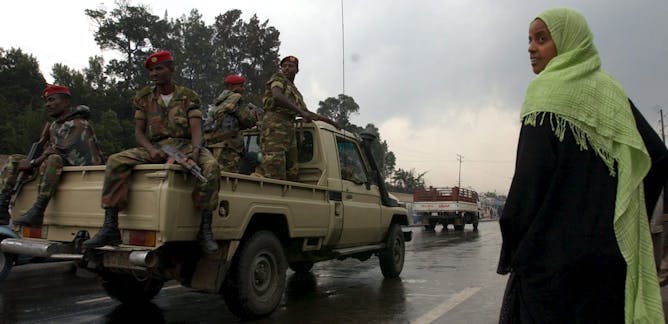
Yohannes Gedamu, Georgia Gwinnett College
Calls for secession in Ethiopia could destabilise the entire nation.
| |
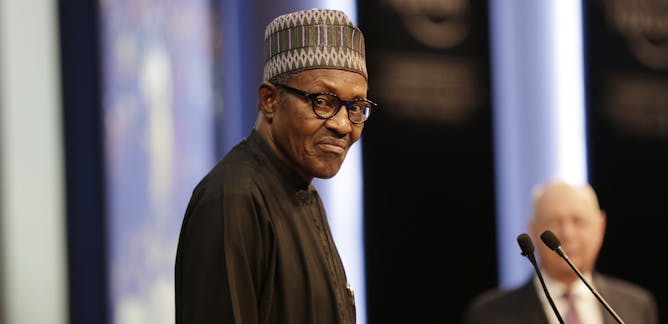
Ini Dele-Adedeji, University of York
Nigerians had hoped for a technocratic cabinet but the country's new ministers have not offered a break from previous political appointments.
|
|
|
Education
|
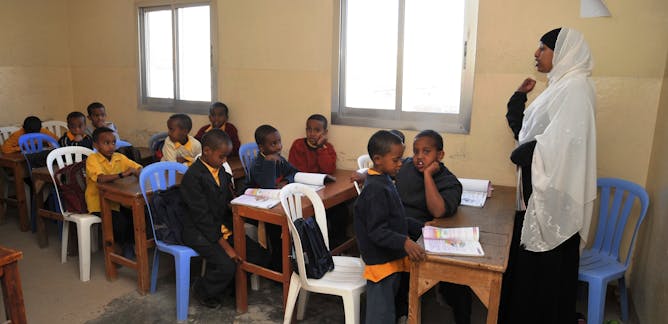
Tobias Gandrup, University of Antwerp; Kristof Titeca, University of Antwerp
Due to its lack of international recognition and its limited financial capacity, Somaliland's administration isn't fully capable of supporting the education sector
| |
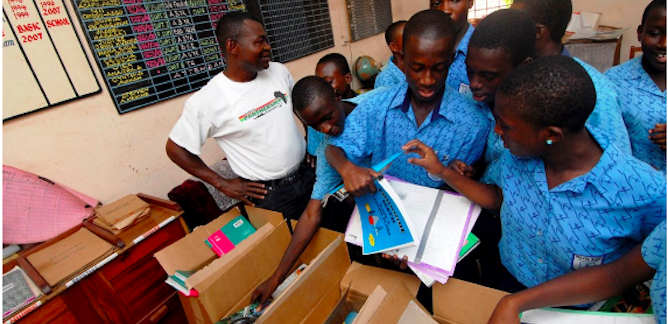
Victor Osei Kwadwo, United Nations University
Achieving the sustainable development goals on education in Ghana requires efficient resource allocation, not necessarily more money.
|
|
|
Podcasts
|

Ozayr Patel, The Conversation
The current Ebola outbreak in the DRC is incredibly difficult to manage.
| |

Ozayr Patel, The Conversation
Quantum machine learning is an exciting, rapidly growing field.
|
|
|
| |
| |
| |
| |
Would you like to republish any of these articles?
|
|
It’s free to republish, here are the guidelines.
Contact us on africa-republish@theconversation.com in case you need assistance.
|
| |
| |
| |
| |
|
|
|
|
|
|
|